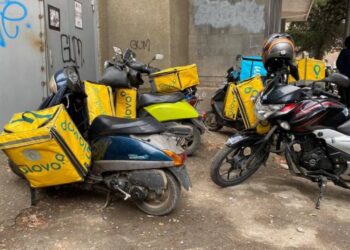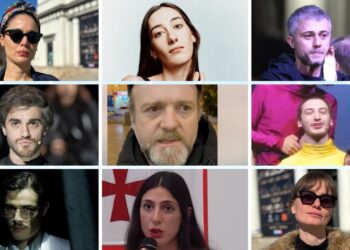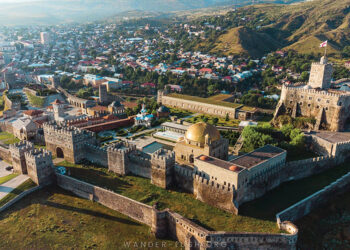Isn’t it an absolute delight that our little darling, called Sakartvelo, happens to be a democracy, one of the many on our beautiful planet? Thanks to this fortunate reality, we have learned how to replace our governments by means of a peaceful transition of power. And we have achieved this unique success notwithstanding the fact that only 30-odd years have passed since we were one of those unfortunate, poor, socialist nations, squeezed within the powerful Soviet grip.
We have since created a free, open society, the members of which voluntarily and diligently go to their respective polling stations to give their valuable and well-protected votes for liberty, equality, justice and prosperity. On top of all that, our politicians and media are so amazingly liberated that their scandalously scurrilous vocabulary, habitually directed towards each other like poisoned weapons, has no limits or censorial restrictions. Our speech is freer than it has ever been before: go ahead and talk as much as you want, and say anything your tongue can withstand.
In addition to all those God-and-modernity-given pleasures, there is peace in the sky over our fortunate heads; the economy is doing OK, although the prices seem to be skyrocketing; gas tanks can be filled on a regular basis, though the fuel is not very cheap; people are dressed well; restaurants are packed full; and there is no deficit of smiles around.
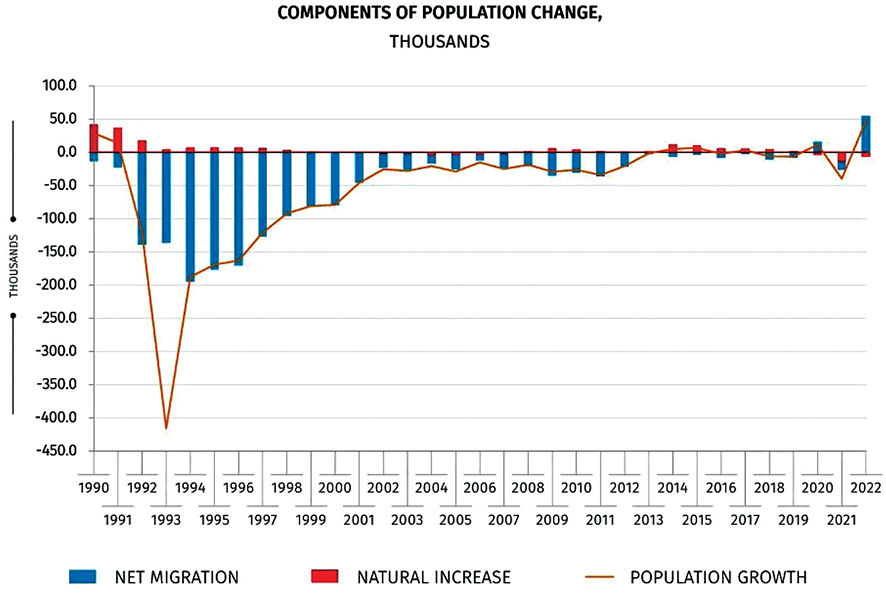
All this firmly in place, the United Nations Organization, out of the blue, has promulgated a scary document about our universally and perpetually felicitous Georgia, claiming that, in 40 years, Georgia’s population will be half what it is now. As free people, we have every right not to believe this creepy, petrifying prognosis of a most prestigious international body of our time, but why would our skepticism make any reasonable sense here? At this very moment, there are as few as only 3,807.583 people living in this country, and the ominous forecast says we will be half that in less than a century.
And I wonder, if this is true, then why are we killing ourselves so desperately in expectation of the outcome of the upcoming parliamentary elections? Why are we so eager to find our own niche among the peoples of the world, fighting some of them and cooperating with others? What makes us so keen on becoming the members of this or the other political, military or economic bloc? Why are we imposing on our poor selves so many troubles we can’t deal with and burdens we can’t carry?
If we are going to be halved in less than 50 years and disappear from the surface of the Earth as soon as only twice that long, this nation needs to reorganize itself forthwith, focusing in the first place on its physical survival, rather than on those silly political competitions and ceremonial pageantries we have gotten used to in the last hundred adventurous years: The only thing that matters seriously under the impression of that scary prognosis is our corporeal survival. Anything else is second-rate. The destination of our national efforts has to be altered in favor of the idea that in 200 hundred years from now, the Kartveli species will still be around and the language called Kartuli still spoken.
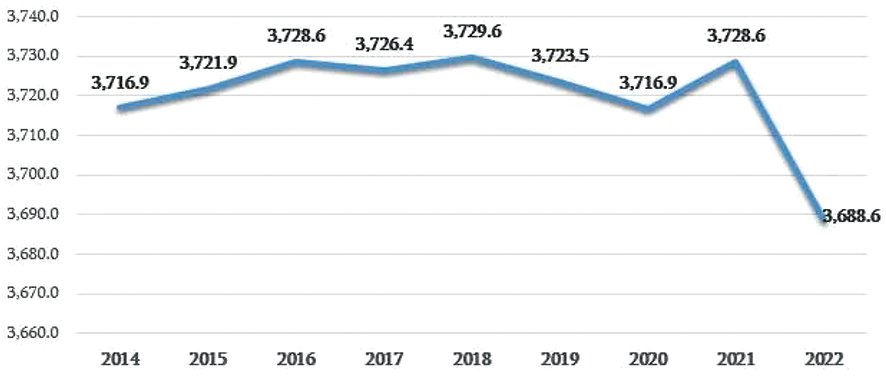
The solution is implacably healthy, though not so easy to actually bring about: first, all of us currently alive and kicking want to live and enjoy life, for which we have to keep doing what we are doing right now – working, politicking, voting, entertaining, eating, drinking, reading, watching and travelling, doing all this with a genuine sense of happiness; secondly, we must stop stupidly shunning away from having an ample number of progeny so as to prolong the life of the nation; and thirdly, we need a stronger understanding of the idea of national priorities, which could easily be the key to our survival.
Meanwhile, as always, man supposes and God disposes – we are drastically dwindling away, to someday, in the tragically near future, leave the world orphaned, without the presence on Planet Earth of our stunningly attractive Georgian species. Wouldn’t that be awful? Help! Help!
Op-Ed by Nugzar B. Ruhadze


